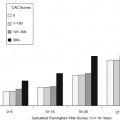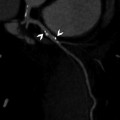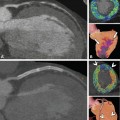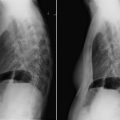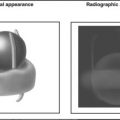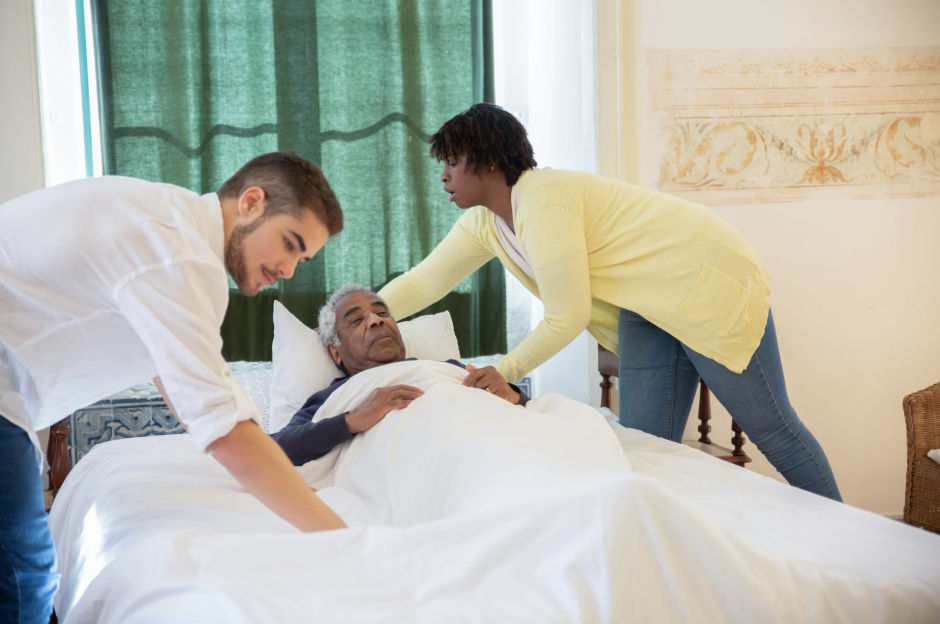
https://images.pexels.com/photos/7551683/pexels-photo-7551683.jpeg
Caring for older adults with cancer needs a comprehensive strategy that addresses their unique medical, emotional, and social challenges. As this population often faces multiple health issues alongside cancer, treatment settings must adapt to provide personalized, holistic care.
In this article, we will study strategies and best techniques for effectively meeting the complex needs of older adults undergoing cancer treatment.
Understand the Unique Health Profiles of Senior Cancer Patients
As per the National Cancer Institute, cancer can be diagnosed at any age. However, the incidence rates for cancer in the age group 60 years and above are 1,000 per 100,000 persons. Also, the median age of cancer diagnosis is around 67 years.
Senior cancer patients often have distinct health profiles compared to younger individuals. They face multiple chronic conditions, reduced organ function, and varied responses to treatment. These factors can complicate diagnosis, therapy, and recovery.
Unlike younger patients, seniors may face increased risks of side effects. They require careful assessment of their overall health to tailor cancer care effectively, ensure safety, and improve outcomes.
Tailor Treatment Plans to Reduce Toxicity and Improve Outcomes
Older cancer patients need tailored treatment programs to minimize toxicity and enhance their quality of life. Seniors often have decreased tolerance to aggressive therapies, which increases the risk of complications. However, certain habits can be changed to better combat cancer and increase the chances of survival.
The American Cancer Society reported that the cancer mortality rate has declined in the last few decades. Since 1991, 4 million deaths have been prevented due to reduced smoking, early cancer diagnosis, and tailored treatment options. The number of deaths continues to fall in the current times.
These approaches affect the overall health of seniors, comorbidities, and functional status, which results in safer and more effective treatments. This balance improves outcomes while reducing hospitalizations and treatment-related side effects.
Is reduced-dose chemotherapy still effective for older cancer patients?
Yes, reduced-dose chemotherapy can still be effective for older cancer patients. It helps balance treatment benefits with lower toxicity risks and improves tolerability. While doses are adjusted, careful monitoring ensures cancer control while minimizing side effects, and is a viable option for many seniors.
Integrate Geriatric Oncology Into Interdisciplinary Team Models
Geriatric oncology is a specialized medical area focused on the diagnosis, treatment, and care of older adults with cancer. Applying geriatric oncology to an interdisciplinary team is essential for handling the complex needs of older cancer patients.
Nurse practitioners play a critical role in managing symptoms and coordinating care, while social workers provide vital emotional support and resource navigation. Dietitians ensure tailored nutritional plans to enhance treatment tolerance, and oncologists oversee the medical management of cancer.
Nurse leaders with advanced education, like those who have earned a DNP online degree, offer advanced clinical skills and leadership insight to these teams. Their expertise is especially valuable in coordinating care for complex cases, better communication, and optimizing outcomes in geriatric oncology settings.
According to Baylor University, programs like DNP provide nurses with competencies in significant leadership, data-driven business approach, and transformative care models. The online module makes it possible for professionals to complete the degree without a career break.
What roles do nurse practitioners and geriatric specialists play in cancer teams?
Nurse practitioners and geriatric specialists play vital roles in cancer teams. They help by managing symptoms, overall health, and customizing treatment plans for older patients. They ensure care addresses both cancer and age-related issues, and improve safety and quality of life throughout treatment.
Enhance Communication Between Providers, Patients, and Families
Clear, compassionate communication is essential in cancer care for older adults. It helps ensure that patients and families fully understand treatment options, risks, and goals.
A study by the National Library of Medicine states that honest discussions between patients and their families can improve their emotional well-being. Caregivers will feel less stressed and have a greater sense of relief with open communication. In contrast, limited communication during caregiving is linked to heightened depression, stronger feelings of guilt and remorse, and intense grief after the patient’s death.
Encouraging open dialogue fosters trust, supports shared decision-making, and addresses emotional needs. It ultimately improves adherence to care plans and patient satisfaction across the entire care team.
Treatment Side Effects Control in the Context of Aging
Older adults often experience heightened sensitivity to treatment side effects due to age-related changes in metabolism, organ function, and existing health conditions. This requires a proactive, individualized approach to symptom management that considers their overall health and functional status.
Common issues like fatigue, neuropathy, and nausea can greatly impact the quality of life if not properly addressed. Regular assessments, early intervention, and supportive therapies, such as physical rehabilitation, nutritional support, and medication adjustments, are essential for minimizing discomfort.
Educating patients and caretakers about potential side effects also empowers them to report symptoms promptly. It ensures timely care and better overall outcomes during treatment.
How can physical therapy help prevent complications during treatment?
Physical therapy helps prevent complications by maintaining mobility, strength, and balance in older cancer patients. It reduces the risks of falls, muscle loss, and joint stiffness and supports overall function. Early intervention enhances recovery, reduces fatigue, and promotes independence throughout treatment.
Support Mental and Emotional Health During Cancer Care
Mental Health America estimates that up to one-third of people undergoing cancer treatment in hospitals have a similar type of mental health problem. Around 8-24% of cancer patients also suffer depression and anxiety. Cancer not only affects the body but also affects the minds of patients.
That is why supporting mental and emotional health during cancer care is vital, especially for older adults facing multiple challenges. Providing access to counseling, support groups, and stress-reduction techniques helps address anxiety, depression, and isolation.
Encouraging open conversations and involving family members creates a strong support system. It promotes resilience and improves overall well-being throughout the treatment journey.
Holistic Care for Older Adults with Cancer
Effectively meeting the complex needs of older adults in cancer treatment requires a holistic, interdisciplinary approach. By understanding unique health profiles, tailored treatments, and supporting emotional well-being, healthcare teams can improve outcomes and quality of life.
Continued collaboration and advanced education empower providers to deliver compassionate, personalized care.
Stay updated, free articles. Join our Telegram channel

Full access? Get Clinical Tree


